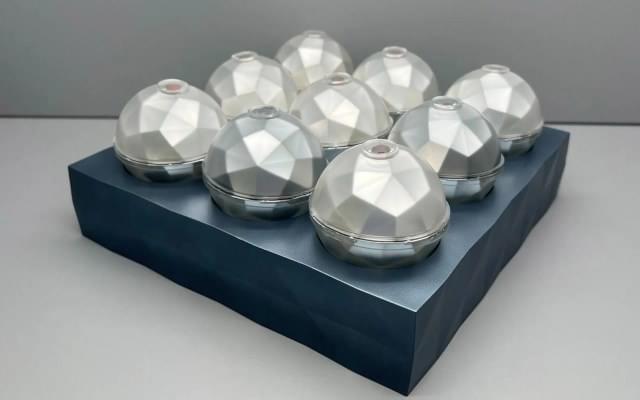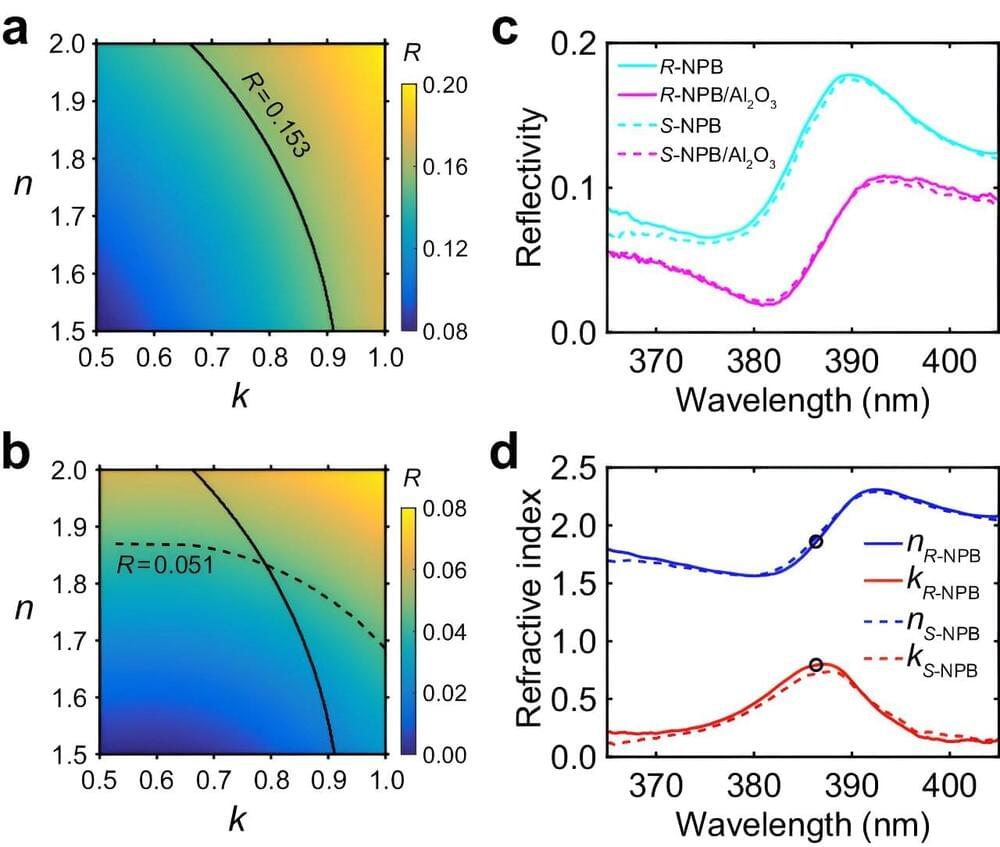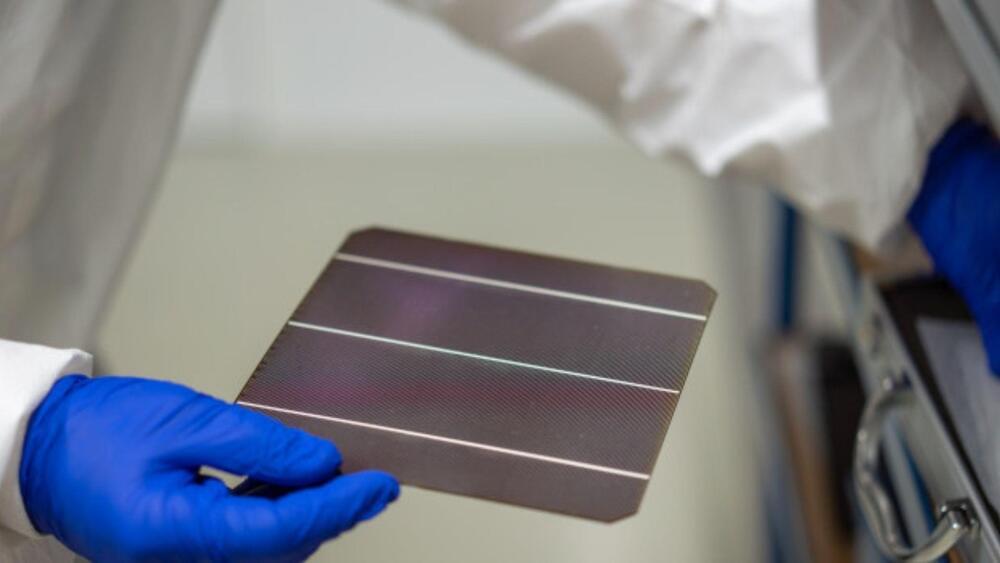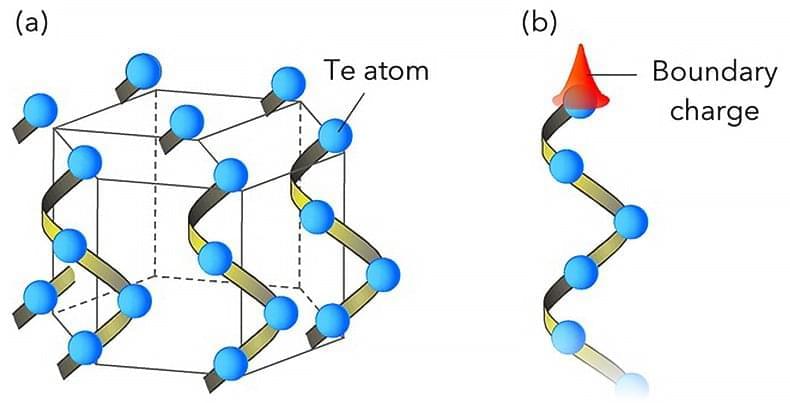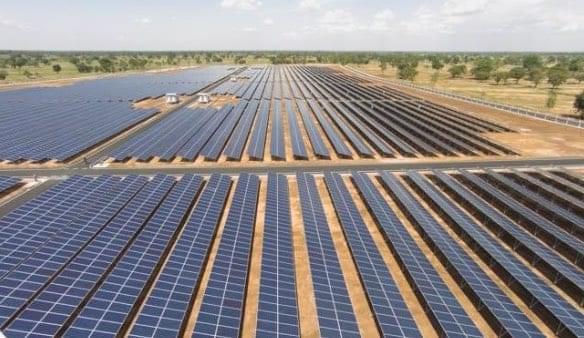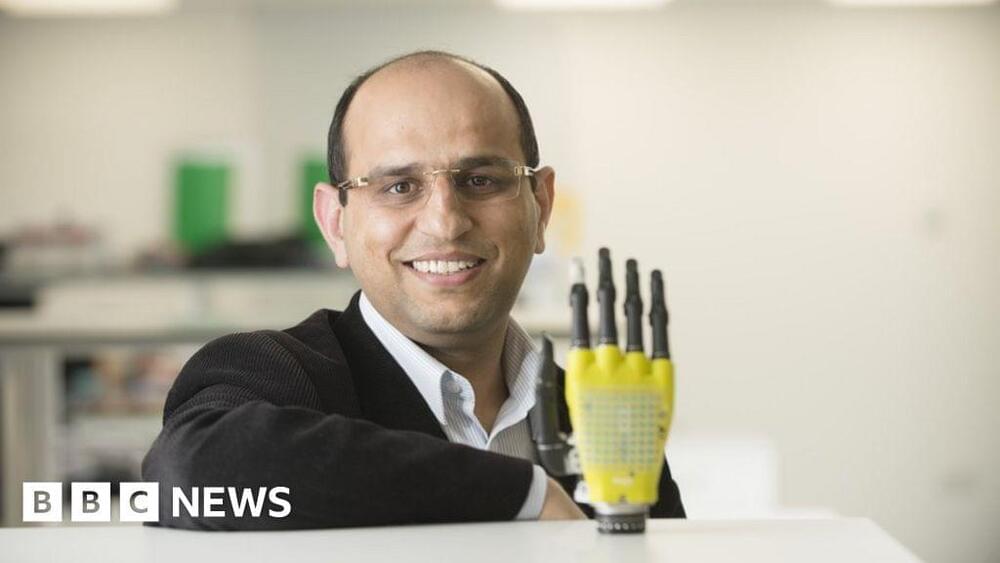
A new study highlights the successful development of the first flexible perovskite/silicon tandem solar cell with a record efficiency of 22.8%, representing a major advance in flexible solar cell technology.
Although rigid perovskite/silicon tandem solar cells have seen impressive advancements, achieving efficiencies as high as 33.9%, the development of flexible versions of these cells has been limited. The main hurdle is improving light absorption in the ultrathin silicon bottom cells without compromising their mechanical flexibility.
In their pioneering study, a research team led by Dr. Xinlong Wang, Dr. Jingming Zheng, Dr. Zhiqin Ying, Prof. Xi Yang, and Prof. Jichun Ye from the Ningbo Institute of Materials Technology and Engineering, Chinese Academy of Sciences, has successfully demonstrated the first flexible perovskite/silicon tandem solar cell based on ultrathin silicon, with a thickness of approximately 30 µm. By reducing wafer thicknesses and adjusting the feature sizes of light-trapping textures, they significantly improved the flexibility of the silicon substrate without compromising light utilization. Additionally, by capping the perovskite top cells, they enhanced the mechanical durability of the device, thus addressing concerns related to fractures in the silicon surface.

